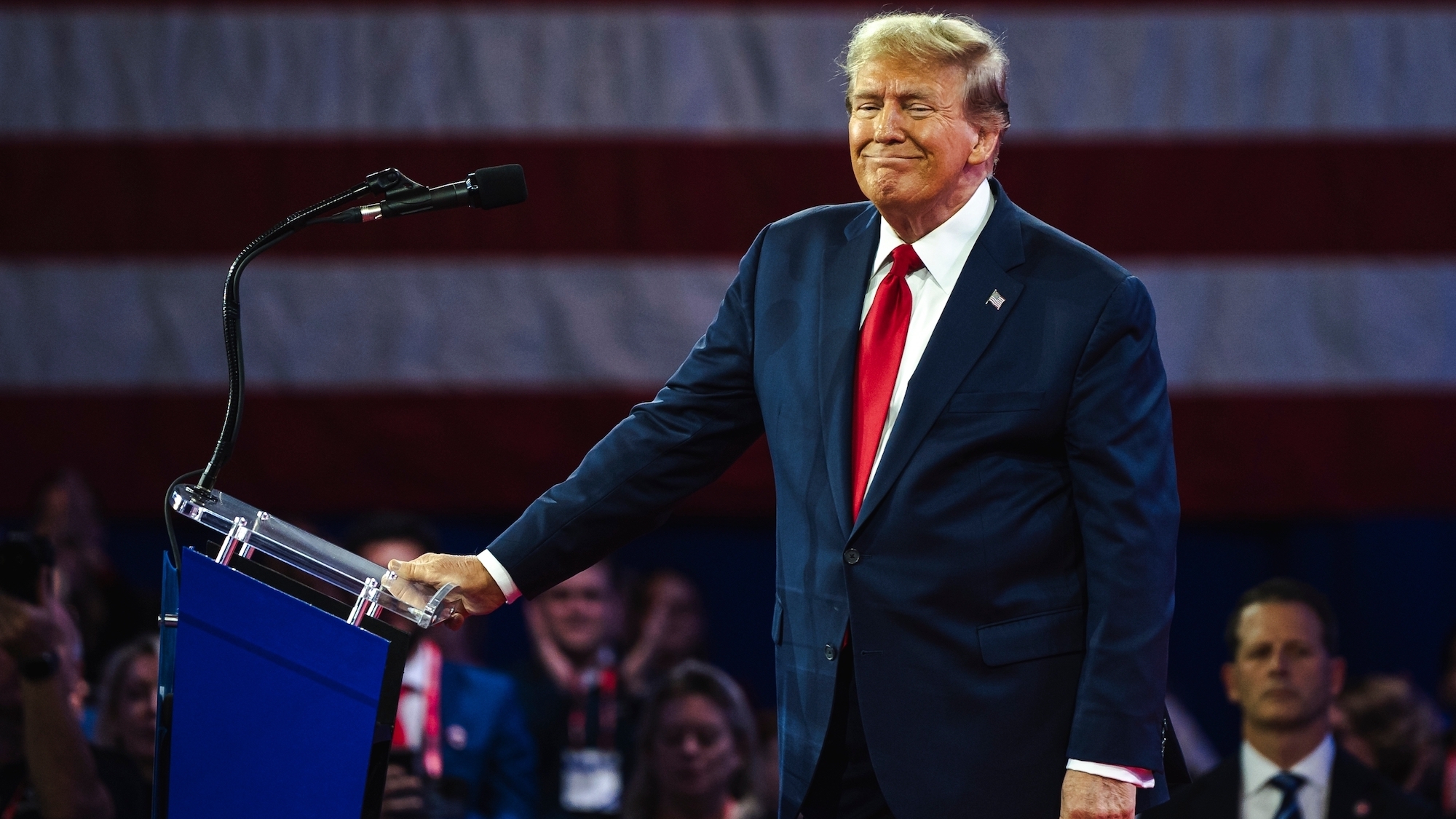Every new decision by Donald Trump sends shivers down the spines of players in the global economy. On April 2nd, the president of the United States announced plans to dramatically increase tariffs on imports, including a 20% hike on European products, 25% on goods from Mexico or Canada, 25% on steel and aluminum imports, and even 25% on cars made outside the U.S. Just a few days later, on April 9th, the American administration decided to implement a "90-day pause", delaying the enforcement of these new tax rates, except for China. However, this break will be short-lived. How might these tariffs impact us in France once they take effect?
#Trump #Tariff #droitsdedouane pic.twitter.com/R6a6ImEX2R
— Dessins de TRUANT (@CartoonsMrt) April 9, 2025
Are the consequences for France minimal at the outset?
In recent weeks, there's been a lot of chatter about the economic consequences of the American administration's initiatives. Éric Lombard, the Minister of Economy and Finance, was asked about it on BFM TV, and he stated, « a tariff, the trade war that Donald Trump is leading, means increasing the prices of goods and services ».
#UE #Europe #Chine #droitsdedouane #DessinDePresse @Midilibre pic.twitter.com/DHmfUDRrxm
— Man Dessinateur (@ManDessins) April 14, 2025
According to Charlotte Emlinger, an economist at the Centre for Prospective Studies and International Information (CEPII), the French are likely to initially escape the surge in prices because most of the products they consume come from Asia. “ It will become significantly more expensive to export to the USA. Exporting countries will thus find themselves with a lot of products they can no longer sell there, particularly China, she explains to Que Choisir. These goods will largely be redirected to the EU, and their prices will drop due to an abundance of supply. ”
A lossMarket for many sectors
Currently, only physical goods would be affected by this tax increase. « If the brands are American, the products themselves are not made in the United States. They will not be taxed more, so they won't be more expensive », says Charlotte Emlinger. The prices of streaming platforms like Netflix, Prime Video, or Disney+ shouldn’t change for now. The same observation applies to services like Google, Meta, Amazon, Microsoft, etc.
On the other hand, challenges may arise in other areas that export more to the United States: luxury, aerospace, automotive, and food products. The wine sector and alcoholic beverages could also face significant upheavals. The implementation of these taxes could lead to a 20% decrease in sales in the United States.
about 800 million euros, estimates the Federation of Exporters of Wines and Spirits (FEVS).
Expected Responses
By applying these reciprocal tariffs, the United States aims to protect American producers from foreign competition. For now, these tariffs have been temporarily suspended by Donald Trump. Ursula von der Leyen, president of the European Commission, called this a "key step towards stabilizing the global economy ."
In 2024, France's exports to the United States amounted to 47 billion euros. Is this the calm before the storm? It's likely. "The European response will come in two phases, as there will be a response ," assured Emmanuel Macron on April 3rd. Ursula von der Leyen states that the European Union “remains determined to engage in constructive negotiations with the United States, aiming for smooth and mutually beneficial trade exchanges.”
Voir cette publication sur Instagram
